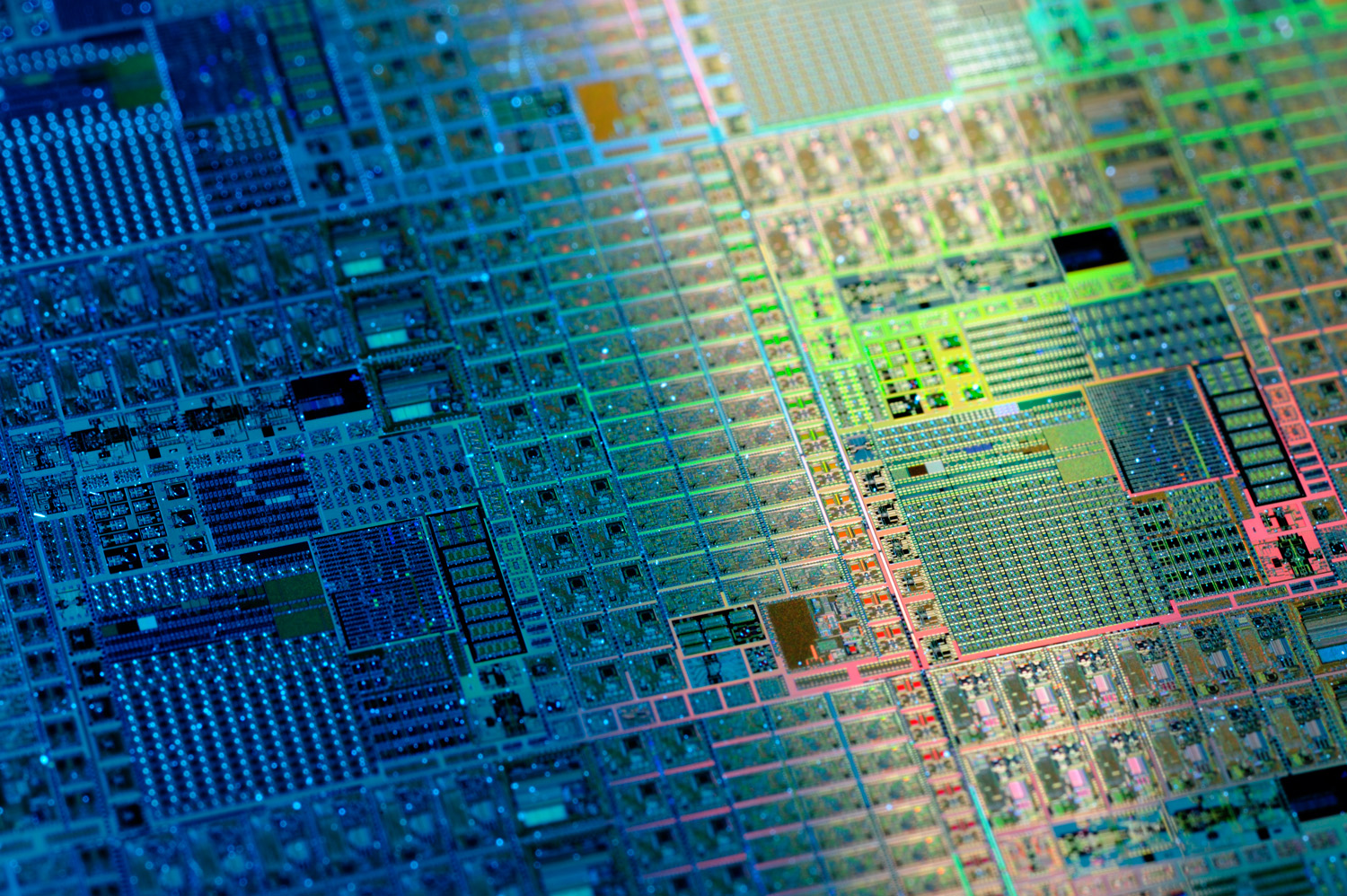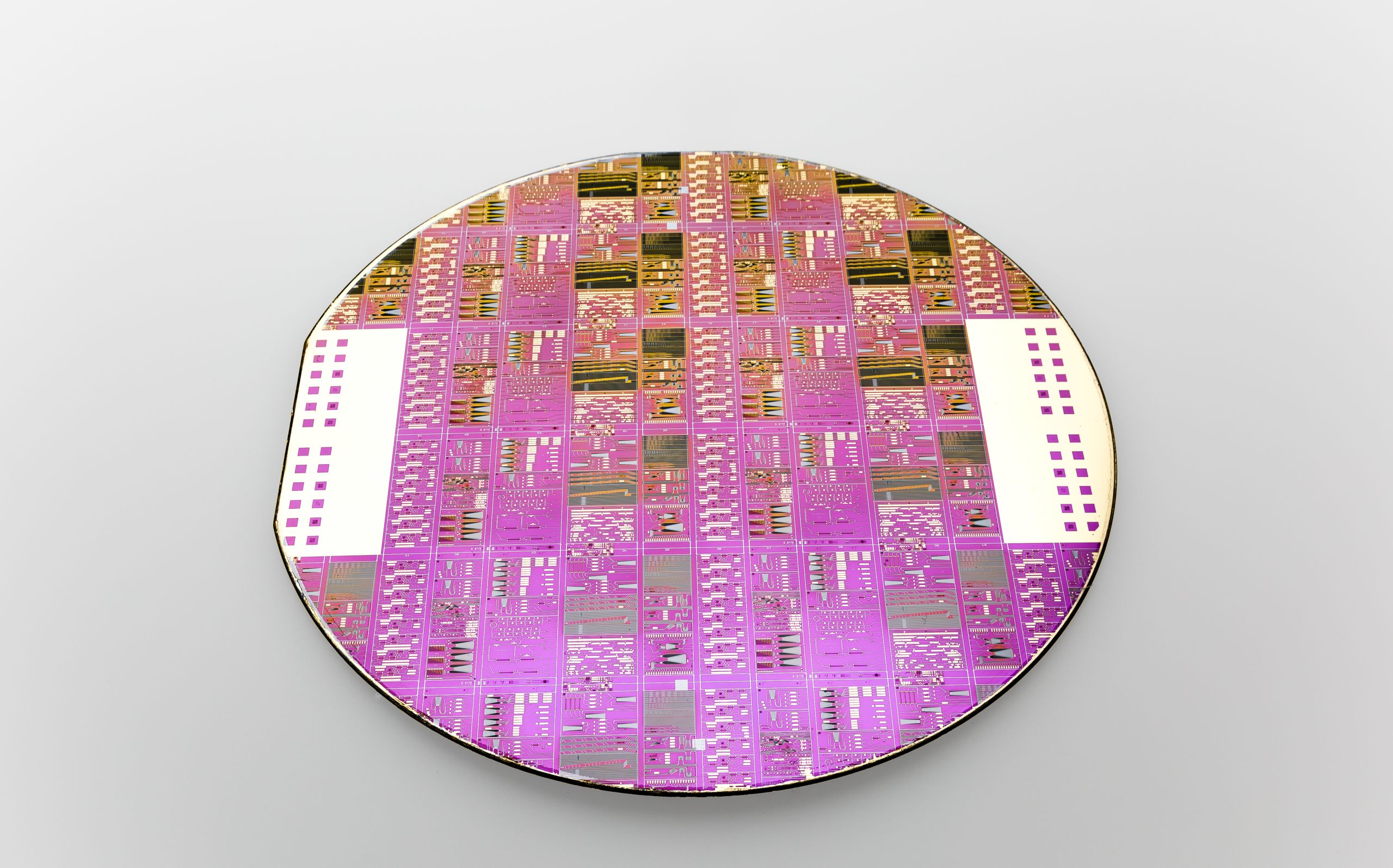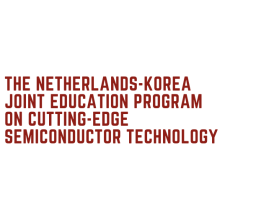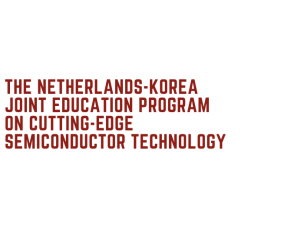As a key knowledge institute in the field of semiconductors and photonics in the Netherlands, TU/e is committed to attract talent in these domains to Eindhoven and the Brainport region. With the vision of enhancing collaboration, TU/e is leading the organization of the Future Chips Academy, together with academic and industrial partners from the Netherlands and South-Korea.
The main organizers are High Tech Systems Center (TU/e), ASML and ASM. The main partners are NXP, IMEC from The Netherlands. Internationally, the academic partners from six top universities in South-Korea (KAIST, SKKU, UNIST, POSTECH, KNU, Hanyang University) will participate in this event.


ASML is an innovation leader in the semiconductor industry. They provide chipmakers with everything they need – hardware, software and services – to mass produce patterns on silicon through lithography. ASML enables groundbreaking technology to solve some of society’s toughest challenges. Together with their partners, they provide leading patterning solutions that drive the advancement of microchips.
Read More
Imec is the world’s leading independent nanoelectronics R&D hub. Their combination of talent, infrastructure, and partner network enables breakthroughs towards microchips that are smaller, faster, more affordable, and more sustainable. Imec combines that nanotech expertise with data and AI to create and support applications for a smarter, better future.
Read More
ASM supplies wafer processing equipment to the leading semiconductor manufacturers, mostly for the deposition of thin films. They design, manufacture, sell, and service deposition tools to supply our customers with the advanced technologies to produce semiconductor devices, or integrated circuits (ICs).
Read More
NXP Semiconductors N.V. enables a smarter, safer and more sustainable world through innovation. As the world leader in secure connectivity solutions for embedded applications, NXP is pushing boundaries in the automotive, industrial & IoT, mobile, and communication infrastructure markets.
Check out the NXP corporate overview
Check out the NXP technology showroom
Hanyang University was established in 1939 as Korea’s first private engineering university and has since grown into one of the nation’s most prestigious private research institutions. As the pioneer private engineering school, Hanyang has played a vital role in Korea’s industrialization by nurturing skilled engineers and professionals who drive innovation with strong social responsibility.
Hanyang’s main campus is situated in Seoul, a vibrant center of academia and industry, while the ERICA campus in Ansan exemplifies effective industry-academia cooperation. Through interdisciplinary research and global partnerships, Hanyang strives to be a world-class leader in science, technology, and entrepreneurship, addressing global challenges through innovation in semiconductors and beyond.
The university is especially recognized for its outstanding semiconductor education and research capabilities. Equipped with cutting-edge facilities like the Hanyang Semiconductor Research Center and maintaining close collaborations with leading global semiconductor companies, Hanyang significantly contributes to the advancement of Korea’s semiconductor industry. Its research spans from materials science and device engineering to AI-driven semiconductor technologies.



